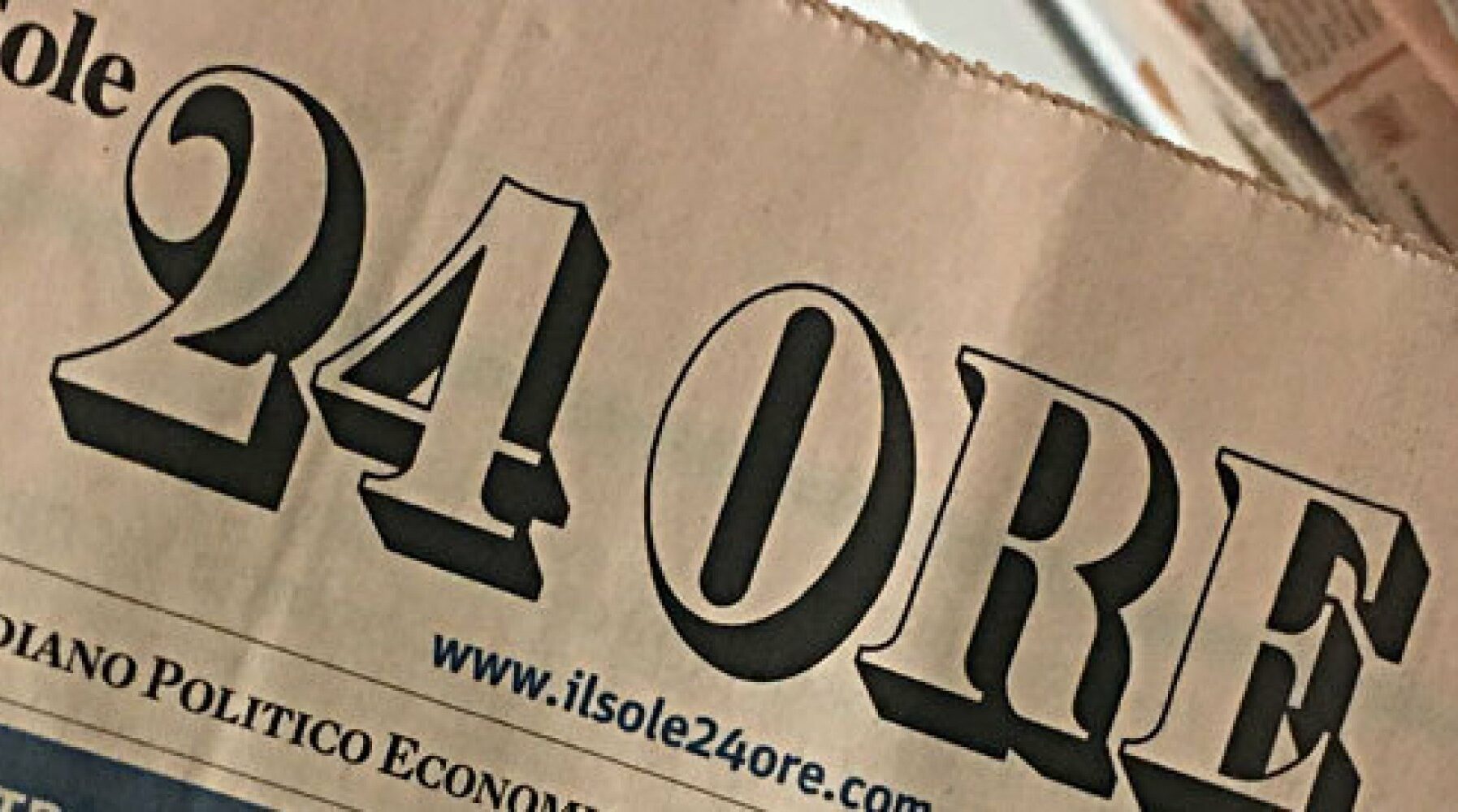Tax extra profits, because government bonds scare the government: a quarter of the public debt in the hands of the banks

What is true and false in the recent articles in the Sole 24 Ore on banks, extraordinary tax on presumed extra profits and the impact on government bonds.
There is one aspect that Giorgia Meloni's government has perhaps underestimated in the game on the tax charged to banks for extra profits. A quarter of the Italian public debt – here's the question – is in the hands of the country's credit institutions: we are talking about almost 690 billion euros out of the total of 2,815 billion (May 2023 data).
The big names in the banking industry are not openly heralding it, but in confidential discussions with the Treasury the issue of the purchase of bots and btps by banks has been addressed; not so much to bring out the risk of crude blackmail (which, moreover, would prove to be an own goal for the banks themselves), but to avoid penalizing, even in the eyes of the international financial markets, an irreplaceable source of liquidity for the public coffers in the scope of government bond issues.
In short, the Italian bankers are not willing to give an aut aut to Palazzo Chigi, but, if anything, they are trying to open the eyes of the "hawks" of the executive: hitting the banks, this is the reasoning, does not benefit anyone. To collect a maximum of 2 or 3 billion euros – asks an expert in the banking world – it is better to destabilize a sector that guarantees, with subscriptions of tens of billions, the Ministry of the Economy every time the maturing public debt is renewed ?
The share of public bonds held by banks (24.5%) is down slightly compared to the end of 2021, when the percentage of bots and btps held corresponded to 25.8%, with around 689 billion out of the total 2,670 billion. The other major financial contributions for the State come from the Bank of Italy and from foreign funds (which hold the record for purchases): Via Nazionale today holds 726 billion, while bots and btps are placed abroad for a total of 746 billion.
It is worth emphasizing that in the last two years, there has been a "flight" of foreigners who at the end of 2021 had "in their stomachs", with 805 billion, a share of Italian public debt exceeding 30%. In less than two years, the major international funds have divested almost 60 billion euros, falling to 27% of the total and the greatest assistance has come from Bank of Italy which, on the contrary, has increased its share of debt by about 138 billion, going from 22 % to 26%. Even households, the so-called "retail" sector, have begun to appreciate Italian debt more, probably encouraged by the higher yields guaranteed by the Treasury, in line with the increase in the cost of money decided by the European Central Bank, brought about in 12 months from zero to 4.25%: today small savers own 307 billion, equal to 11% of the total, while at the end of 2021 public bonds in household portfolios stood at 227 billion (8.5%) . Another mini-reduction was then recorded for Italian investment funds: their share dropped by over 13 billion, from 360 billion to 347 billion, with the percentage down from 13.5% to 12.3%.
On the other hand, the issue of higher profits on bots and btps raised these days seems marginal. According to confidential sources of the Treasury, out of the total increase in the interest margin in 2022 compared to 2021 (about 16 billion euro), the contribution of the additional earnings guaranteed by government bonds to banks is, in percentage terms, around zero point, a few hundred million euros: very little, in short. It follows that the tax on extra profits would not affect so much what the banks take home by investing in public debt: a few tens of millions of euros out of the total estimated 2-3 billion. In short, no alarm or risk from this point of view.
Apart from the technical and statistical details, it is clear that the weight, including the political one, of the banks in the management of state coffers cannot be ignored in the parliamentary process of converting the decree into law that the council of ministers approved, surprisingly, on Monday August 7th. In short, it is very probable that the repercussions on public finances deriving from the law against the banks could in some way inspire those who are preparing to draft the amendments to the emergency provision. The bank representatives have identified the "doves" above all in the ranks of Forza Italia: the deputy prime minister and foreign minister, Antonio Tajani, is the main sponsor of corrective measures which should greatly limit the impact of the fiscal sting on credit institutions. The law will not be overturned in substance, but will be significantly limited in its financial scope with the final revenue cut, perhaps, to just over 1 billion. Thus, the populist nature of an intervention will emerge plastically, which appears increasingly to be the result of the search for political consensus and less and less generated by a refined strategy to improve the management of public finances.
This is a machine translation from Italian language of a post published on Start Magazine at the URL https://www.startmag.it/economia/tassa-extraprofitti-perche-i-titoli-di-stato-spavantano-il-governo-un-quarto-del-debito-pubblico-in-mano-alle-banche/ on Mon, 28 Aug 2023 11:54:55 +0000.
